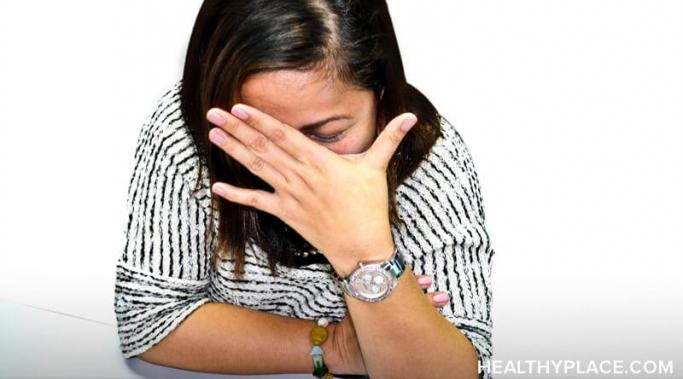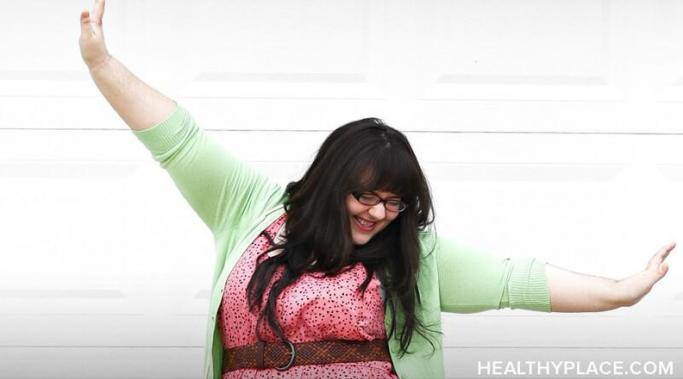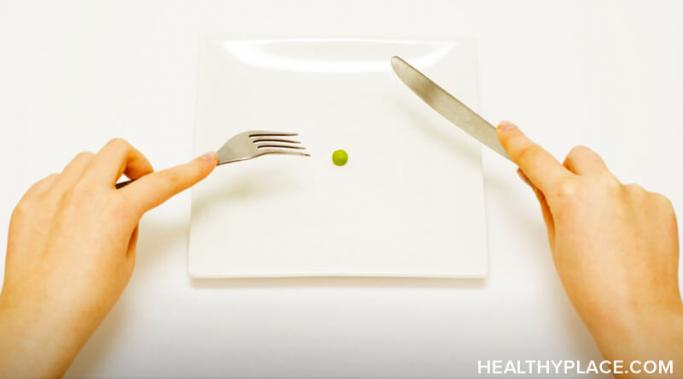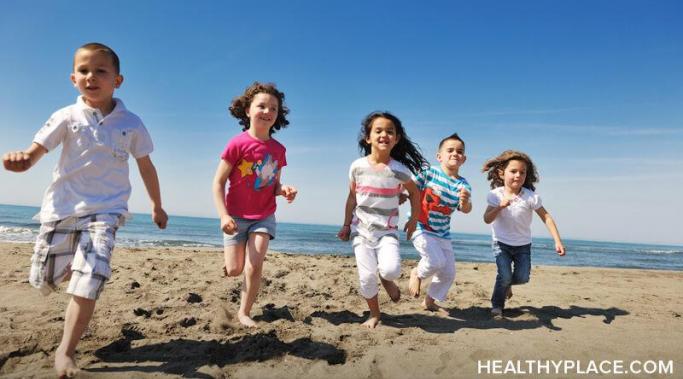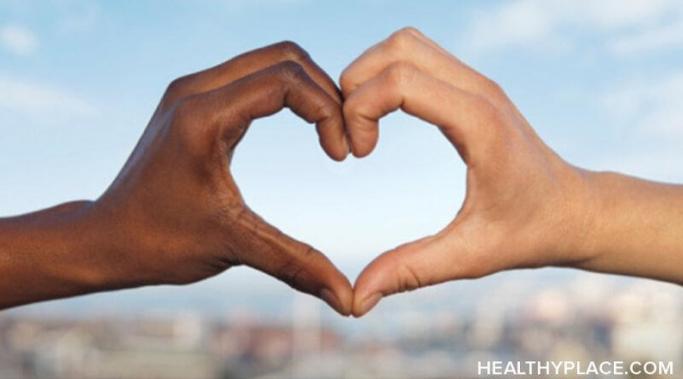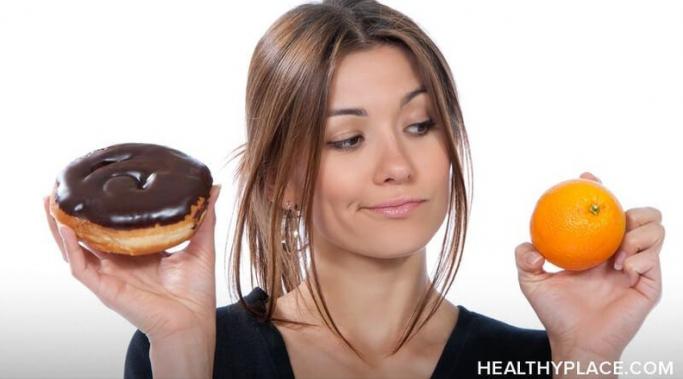If there is one lesson I have taken from last year's events, it's that I am allowed to create space for burnout in eating disorder recovery. In fact, this goes beyond just permissible—creating space for burnout is essential for mental health and resilience. The feeling of burnout is sometimes inevitable in life, but it does not have to compromise eating disorder recovery. Here is how I deal with burnout in my own healing process.
Surviving ED
When it comes to my own mental health and eating disorder recovery, a lack of joy is one of the main indicators that I am not in a stable headspace. As I have learned, an eating disorder is a thief of joy, so when I feel overwhelmed by chaos and unable to see pockets of joy, it's a sign that I need to recalibrate.
I've been writing about eating disorder recovery with HealthyPlace for just over a year now, and during my time with this wonderful community, I've learned so much about myself, the community members, and more about my disease than I thought possible. It's been unforgettable. However, late last year, I began to suffer from something that is common to those of us who write about our trauma.
If you live confined within a scarcity mindset, then be warned: this mentality can—and often does—turn into an eating disorder. The term scarcity mindset refers to a belief that you do not deserve abundance and lack a sense of personal worth, so you act out of self-denial instead of nourishment and freedom. This can lead to dangerous behaviors, such as caloric restriction in an effort to deprive or discipline yourself, which could become a full-blown eating disorder over time. A scarcity mindset is detrimental to your healing, but it can be overcome in eating disorder recovery.
No one ever said parenting would be a walk in the park, and I knew that parenting in eating disorder recovery would be challenging, but I was not prepared for how challenging it would be. I am the mother of four children under 10 years of age. I have two boys and two girls. Every day, especially as my kids get older, I am aware of how the things I say--and don't say--can affect their feelings about their bodies and their relationship with food.
In this video blog post, I am going to share with you my favorite eating disorder recovery tool. Meditation, yoga, and walking are great ways to relax but they've never worked for me. The reasons they've never worked for me are largely personal, but they boil down to the fact that they lack what I perceive as incentives.
As far as years go, 2020 has been difficult in a great many ways, but it's also taught me a lot about my eating disorder recovery. I expected a year like this one to break me; I was almost waiting for it. I'm not going to lie: there were some close calls.
I know firsthand just how much of a challenge it can be to prioritize eating disorder recovery this time of year—or even in general, for that matter. So if your commitment to healing is wavering at the moment, I want to share with you five reasons why I believe that eating disorder recovery is worth it. This is not to minimize the pain or turmoil you might feel, but I do hope the list below inspires and encourages you to continue on the path to reclaiming a healthy, empowered life. Eating disorder recovery is no simple feat, but I can tell you from experience, the outcome is so worth it.
Relationships are challenging at the best of times, but when you're dating someone in eating disorder recovery, they can be even more so. After all, eating disorder recovery is a time when people should be focused on building a healthy relationship with themselves. Throwing another person into the mix complicates an already complicated situation.
Learning to eat healthily is an important part of eating disorder recovery; however, when it comes to celebrating special occasions, like Christmas, I steer clear of healthy holiday baking. The reason is simple: learning to have a good relationship with food means not vilifying it, even if it has little nutritional value.
